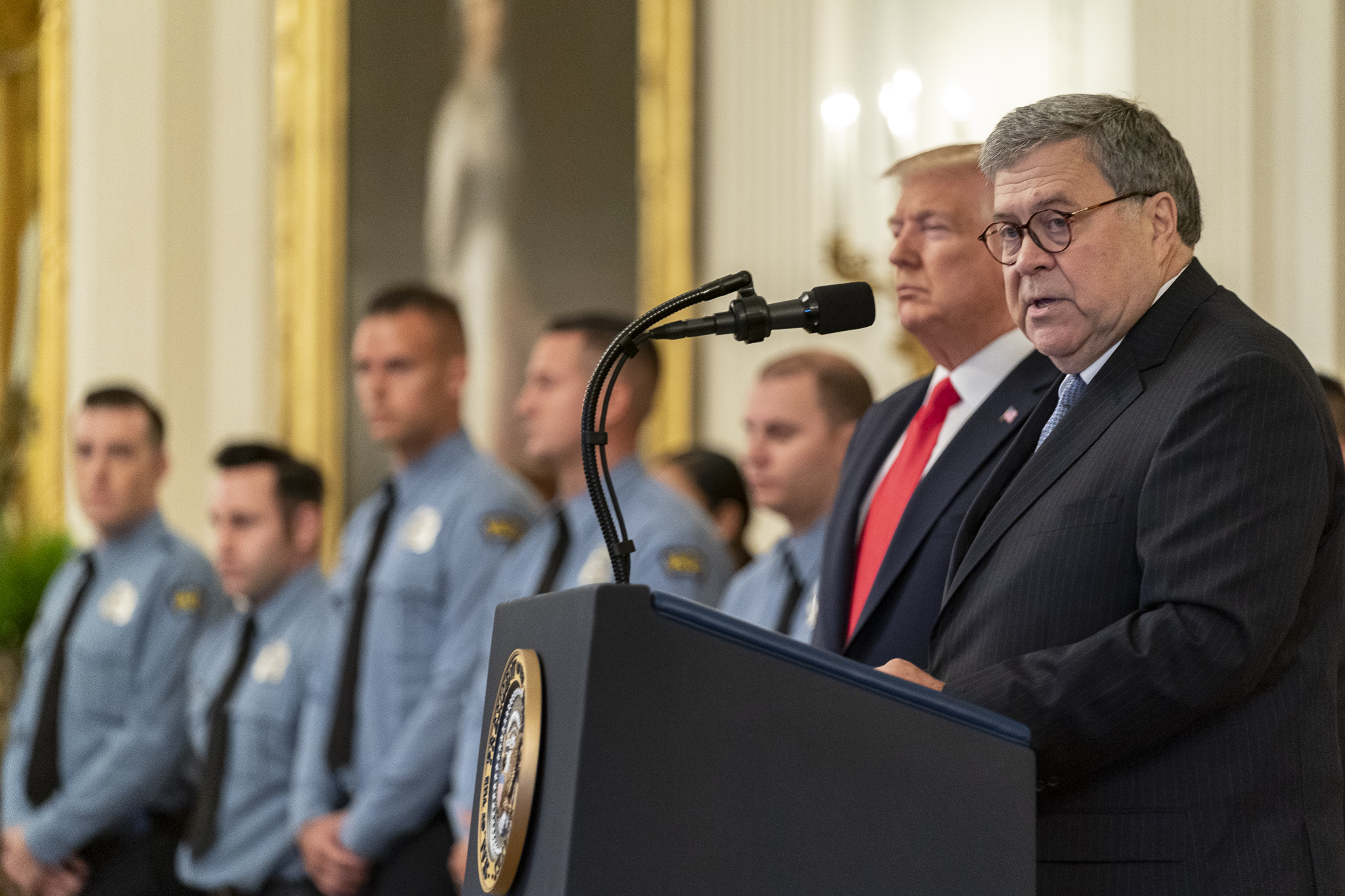Today's Headlines and Commentary
As proof of the dramatic impact the Paris attacks have had in Europe, the German cabinet has approved plans to contribute forces to the fight against the Islamic State in Syria. With the parliament expected to approve the decision, Germany will contribute Tornado reconnaissance jets, refueling aircraft, and a naval frigate for the protection of a French ai
Published by The Lawfare Institute
in Cooperation With

As proof of the dramatic impact the Paris attacks have had in Europe, the German cabinet has approved plans to contribute forces to the fight against the Islamic State in Syria. With the parliament expected to approve the decision, Germany will contribute Tornado reconnaissance jets, refueling aircraft, and a naval frigate for the protection of a French aircraft carrier. The measure will also authorize as many as 1,200 soldiers to the effort against ISIS. However, Germany will not join coalition airstrikes against the militant group. Opponents of German involvement in Syria have warned that joining the effort in Iraq and Syria could increase the risk of ISIS reprisals within Germany.
In the U.K., the House of Commons will vote tomorrow on whether to extend British airstrikes against ISIS into Syria. While Conservatives remain largely supportive of strikes, continued military action has divided the Labour Party led Jeremy Corbyn. Due to the Labour Party split, Prime Minister Cameron’s measure is expected achieve the needed majority threshold. The Guardian carries a breakdown of where various members of parliament stand on the issue.
USA Today writes that the Pentagon could send more U.S. special forces to bolster the fight against ISIS if the 50 commandos currently in action prove effective. Defense Secretary Ash Carter testified before the House Armed Services Committee about the U.S. strategy against the Islamic State today, appearing on Capitol Hill where several anxious lawmakers, including Senators John McCain (R-AZ) and Lindsey Graham (R-SC), have recently called for troop increases in Iraq and Syria.
Over the next few days, Iraqi forces plan to launch an assault to retake the ISIS-held city of Ramadi as part of the latest U.S.-backed initiative against the Islamic State. The New York Times reports on the many challenges facing the Iraqi campaign, including “minefields of IEDs,” suicide bombers, and well-positioned machine-gun and mortar fire. On Monday, the Iraqi military dropped leaflets asking citizens left in Ramadi to evacuate over the next 24 hours.
As U.S. operations ramp up, intelligence officials report that over the last month defections of Islamic State fighters have “begun to thin the ranks of the militants in Iraq.” Army Col. Steve Warren, a U.S. military spokesman in Iraq, told reporters that “wholesale defections, sparsely manned checkpoints and elite foreign fighters pressed into mundane duty indicate that the U.S.-led bombing campaign and advances by Kurdish forces are eroding the forces of the Islamic State.”
The New York Times reports that “Israel is believed to have carried out a number of airstrikes on suspected weapons convoys and other targets since the civil war in Syria began, fearing the potential transfer of advanced weaponry to the Shiite Hezbollah militant group in Lebanon.” Israeli Prime Minister Benjamin Netanyahu suggested that Israel has periodically intervened in Syria in order to prevent weapons from falling into the hands of Israel’s enemies.
Protesters in Paris have run afoul of the country’s new anti-terrorism measures. In Paris, French security forces arrested some 200 people who had gathered on Sunday to protest the climate talks. Over two weeks after the attacks in the French capital city, France remains in a state of emergency. Though authorities have invoked security concerns to ban rallies ahead of the climate conference, activists have alleged that the measures are being used to suppress political expression.
On the sidelines of the Paris talks, however, President Barack Obama appeared optimistic about the possibility “that Russia will ultimately come around on the need for Syrian President Bashar Assad to leave power,” but he hedged that the shift could take time. While in Paris, President Obama met with his Russian, French, and Turkish counterparts individually to discuss the global fight against ISIS.
President Obama also maintained support for “Turkey's right to defend itself and its airspace and its territory,” but he urged the two countries to diffuse tensions and find a diplomatic solution in order to focus on fighting their common enemy, the Islamic State. Turkish Prime Minister Ahmet Davutoğlu has called for the opening of communications channels with Russia in order to prevent similar incidents from occurring in the future.
While Russia has approved sanctions against Turkey, Reuters tells us that the sanctions “did not target important energy projects such as the Turkish Stream gas pipeline or food stuffs such as lemons or nuts, most of which Russia imports from Turkey.” Following Russian allegations that Turkey shot down the Russian fighter plane to protect ISIS-related oil interests, Turkish President Recep Tayyip Erdoğan fired back and called on Russia to show proof of its allegations.
NATO allies are working to bolster Turkish defenses along the country’s border with Syria as Russia steps up attacks in the border region. The Pentagon confirmed that Russia moved surface-to-air missiles to Syria’s western coast near the country’s border with Turkey in response to the Turkish shoot down of its fighter jet. A Russian Air Force spokesman also announced that Russia has equipped its Su-34 bombers with air-to-air missiles.
Secretary of State John Kerry arrived in Brussels today “to attend a series of NATO meetings about the security threats Europe is facing from Russia to the east and Islamist militants to the south,” the Washington Post tells us.
Syrian al Qaeda affiliate, the Nusra Front, released 16 Lebanese soldiers in exchange for the release of 11 prisoners, including a former wife of ISIS leader Abu Bakr al Baghdadi. The deal was brokered by Qatari officials, but some officials have suggested that the release of the 16 soldiers in exchange for al Baghdadi’s wife may indicate that the leader of ISIS personally asked for al Nusra to broker a deal. The New York Times has more.
As the violence in Israel continues into its third month, two Palestinian attackers were shot dead in separate incidents in the West Bank, bringing the total number of Palestinians killed in the violence to 97. Nineteen Israelis and one American have been killed by Palestinian attacks. Bloomberg News writes that “Israel’s Foreign Ministry is drafting Arabic speakers and computer programmers to join the fight against posts the government says is driving the bloodshed” as the recent spate of violence has been heavily shaped by social media.
Following the Israeli ban of the Northern Branch of the Islamic Movement and affiliated charities last month, the New York Times writes that the move could have severe repercussions since many Palestinians view the Northern Branch as “a lifeline and a pillar of their communities.” The group has provided social services to many communities, and some have suggested that the Israeli ban against the group could spark further violence and radicalization among Palestinian populations.
In Yemen, shelling across the country’s border with Saudi Arabia left yet another border guard dead, bringing the total number killed by cross-border shelling up to eight since Saturday.
The Washington Post reports that following the Department of Justice’s indictment of five Chinese officers in May 2014, the Chinese military has shifted away from cybertheft of U.S. commercial secrets. Despite this, officials and analysts suggest that “there is evidence that China’s civilian spy agency, the Ministry of State Security, continues to conduct significant commercial espionage operations.” U.S. and Chinese officials will meet in Washington today to engage in cyber-talks and to follow up on the cyber agreement that President Obama and his Chinese counterpart Xi Jinping inked in September.
Following damage to pylons which caused Crimea to lose electricity, Russian Prime Minister Dmitry Medvedev accused Ukraine of "sabotage” and energy manipulation. The Ukrainian state energy company have claimed that explosives caused damage to the pylons, while “Crimean Tatar activists suggested that the pylons were blown down by the wind.” Crimea declared a state of emergency on Sunday. Crimea receives about 70% of electricity from Ukraine, and the loss of electricity has crippled the power supply throughout the region.
Just days after reaching an agreement to help control refugee influx to Europe, Turkey detained some 1,300 migrants who were allegedly headed to Greece.
In response to the Paris attacks, the Obama administration has announced that it will tighten the U.S.'s visa-waiver program. The new changes will “try to stop those who have visited conflict zones from easily boarding American-bound commercial flights” by raising the fines on airlines who fail to verify passport information and by asking additional questions regarding travel to “countries constituting a terrorist safe haven.” The Washington Post tells us that “it is not yet clear how the new White House regulations – or proposals for cooperation with Congress – will be received in the House, where leaders say that a bill to address problems with the waiver program is coming.” The White House released this fact sheet with the proposed changes.
Yesterday, Nicholas Merrill released a national security letter that he received in 2004 as part of an FBI request for information on a customer. According to the Times, Merrill, an Internet entrepreneur who initiated the first legal challenge to the U.S. government’s use of national security letters, released the letter after the government failed to file an appeal to overturn a judge’s August decision to allow the release of the letter. The use of national security letters to gain access to customer records without a warrant greatly expanded under the USA Patriot Act following September 11th, 2001. You can read the list of requested information from the unredacted letter here.
Former Guantanamo inmate Hajji Ghalib is leading the charge against the Taliban and the Islamic State in Afghanistan. Following his 2007 release, Ghalib’s story differs from the many “accounts of former Guantánamo detainees who went on to fight alongside the Taliban or Islamic State.” The New York Times carries a full and fascinating profile.
A recently disclosed memo from former Secretary of State Hillary Clinton reveals that Clinton urged President Obama as late as 2013 to ramp up efforts to close the U.S. detention facility at Guantanamo Bay in order to signal that the United States was “turning the page on GTMO and the practices of the prior decade.” The Hill writes that Clinton also “urged Obama to transfer some detainees to American courts and [to] more proactively engage with congressional opponents of the administration’s plan to close the facility.” Another disclosed email chain shows that Clinton praised the release of the facility’s youngest detainee, Omar Khadr.
Parting Shot: In his latest diplomatic venture, Darth Vader visited Russia and serenaded the masses with this rendition of the Imperial March performed on a balalaika. We’re increasingly unsure how to read the repeated injection of Star Wars into politics following recent tensions related to Ukraine’s replacing of a Lenin statue with one in Darth Vader’s honor earlier this year and this arrest of Chewbacca outside a Ukrainian polling booth.
ICYMI: Yesterday, on Lawfare
Ben posted 10 reasons why you should support Lawfare this holiday season.
Ben and Jack also invited you to join us for the third Hoover Book Soiree tomorrow evening.
Cody shared this week’s ongoings in The Week That Will Be.
Andrew Keane Woods explored the increasing territorial control over the Internet asserted by states.
Cody highlighted a few GTMO relevant passages of the NDAA and shared the White House’s statement on the NDAA as it relates to the closing of Guantanamo Bay.
Cody also alerted us to the end of the NSA’s bulk metadata collection program.
Ben asked if Israel was going dark, following a piece by Matthew Waxman and Doron Hindin on the topic of Israeli regulation of encryption.
Email the Roundup Team noteworthy law and security-related articles to include, and follow us on Twitter and Facebook for additional commentary on these issues. Sign up to receive Lawfare in your inbox. Visit our Events Calendar to learn about upcoming national security events, and check out relevant job openings on our Job Board.





